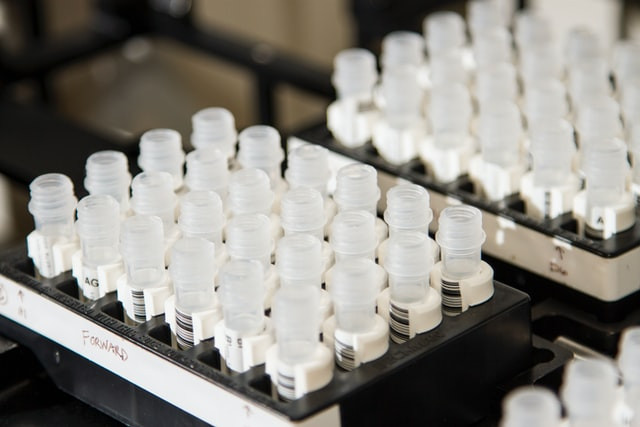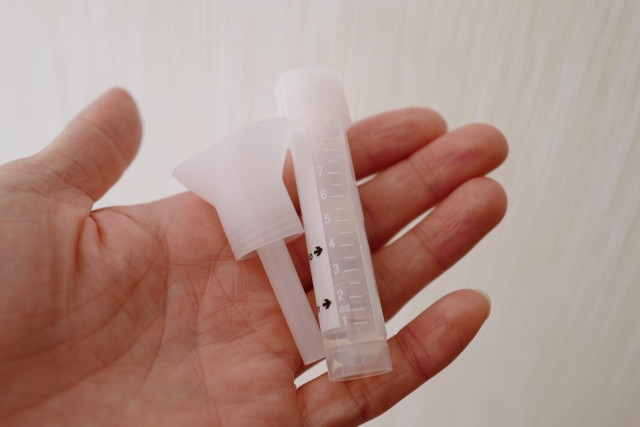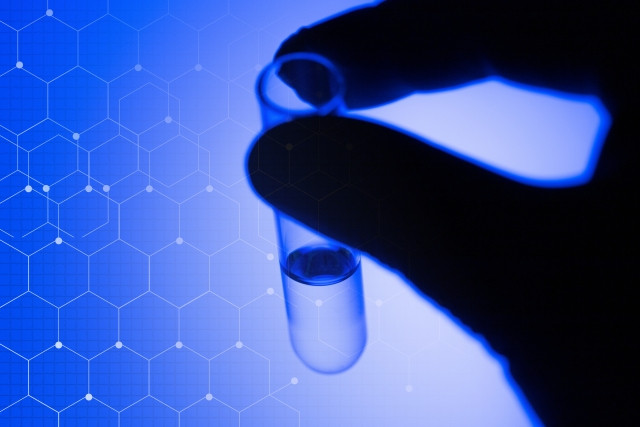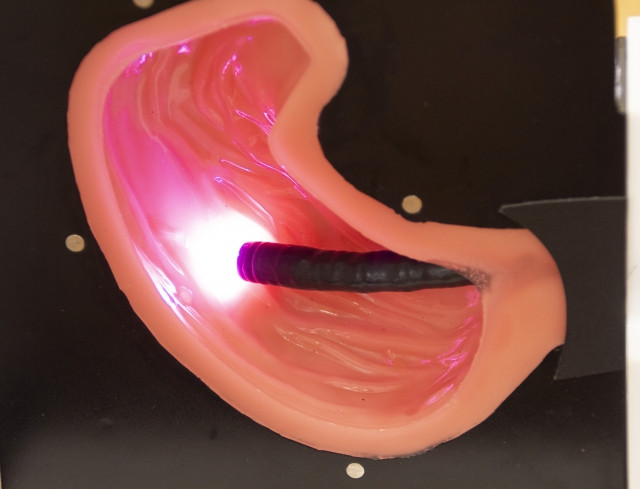Technological advancements continue to influence the contemporary world. Developments in the field of biology allowed scientists to render DNA testing, providing a huge room for understanding the peculiar structure of human life. Japan is no stranger to this innovation as DNA testing in the country increases its prevalence.
Table of Contents
- What is DNA Testing?
- The Basics about DNA Tests in Japan
- Costs of DNA Tests in Japan
- Legal Regulations for DNA Testing in Japan
- Summary
What is DNA Testing?
DNA Testing is a highly-complex chemical process of determining genetic code, which is the set or sequence of instructions contained in human and animal chromosomes that direct the translation of DNA in the process of producing the 20 amino acids, the microscopic buildings blocks of proteins that living cells need to exist and remain functional.
Today, DNA testing is increasingly becoming a common procedure for determining any person’s potential to be infected by certain types of diseases, hence, allowing for intervention before any onset of symptoms to any disease or other ailments, such as cancer. DNA Testing is also used to determine biological origins or relationships among humans.
Writer's Pick
The Basics about DNA Tests in Japan

Common DNA Test Purposes in Japan
There are a lot of Japanese who submit to a DNA Test in order to determine their genealogy or to establish relationships between individuals. These tests can also be resorted to by individuals for various reasons, such as determining one’s ancestry up to the farthest generation they can afford to reach or even the kind of breed their dog descended from.
In more serious cases, DNA Tests can be used as court evidence to establish or to disprove any relationship with a child or a parent in many families or marital cases being heard in trial courts. This is particularly vital in a country in Japan as it has traditionally followed the practice of families leaving properties to the eldest son. In divorce proceedings, likewise, such issues on inheritance and custody of children can become quite a distressing experience for all parties concerned. DNA tests can help establish the blood relations and therefore assist in cases where the family ties may be unclear or questioned if ever necessary.
Basic procedure of DNA testing in Japan
Nowadays, a common procedure in Japan which can be done even by any individual at home is through a buccal smear, done by rubbing a piece of cotton or small brush against the inner surface of the cheek in order to collect a sample of cells which can then be sent over the mail for proper testing. A genetic laboratory can then determine whatever specific changes in the genetic code of the chromosomes, DNA, or proteins in relation to any general patterns that are connected to various types of medical disorders. Either the patient or client will receive the lab results or, in some cases, the consulting doctor or genetic counselor will first look over the results and explain possible issues to the patient concerned. The testing allows doctors and specialists to diagnose patients more accurately.
Some private labs will also accept things like hair samples, nail clippings, and such depending on the type of DNA test being done but it is important to check with the lab itself for what is acceptable as not all labs accept the same samples.
Testing procedures done on newborn babies may involve pricking the heel to get a tiny amount of blood sample or the buccal smear depending on the purpose of the test. Usually, the blood sample procedure is done to determine possible genetic disorder in the infant, especially if DNA test results show positive genetic variations. More tests may then be undertaken to pinpoint the exact prognosis and the necessary medical treatment needed to resolve any life-threatening or milder medical issues. This provides parents the benefit of minimizing or eliminating potential aggravation during the future development period of the child.
Costs of DNA Tests in Japan

Japan is a leading innovator, proponent, and provider of DNA Testing services in the world, with hundreds of small and large companies offering the testing for as low as around 30,000 to as much as 100,000 yen, excluding tax. Modern labs in Tokyo dedicated for such purpose now have DNA testing machines that can provide results the following day and made available to parents in a few days via mail or email.
For example, at DNA Japan, Inc, you can get a personal non-legal DNA test to determine biological relation for 27,000 yen or a legal one for 60,000 yen. This website is available in English, unlike the following two examples, so if you don’t know Japanese, this may be a good option for you.
SeeDNA is another such service where they do a variety of tests, including paternal and maternal relation tests as well as prenatal blood DNA testing ranging from 135,000 yen to 185,000 yen, where you can get the test results as early as five days to 16 days. Twin DNA testing costs 30,000 yen to 60,000 yen with fast appraisal results within just two to eight days. DNA testing for animals costs 30,000 yen, excluding tax.
Analysis Laboratory of Forensic Sciences is another acclaimed service offering a 1-day parent-child biological DNA test results for 250,000 yen if you are in an extreme hurry, in addition to other services.
Additional costs aside from the above fees are specimen collection, normal to express delivery of test results, notification methods fees like emailing the DNA results, international certification reports, and others. Also there is a difference between whether the results can be used in legal proceedings or not. If you plan to use the results in court or other proceedings, make sure you pay for the correct type of test.
※ DNA Japan, Inc. ※ SeeDNA, "DNA test cost · Period" ※Analysis Laboratory of Forensic Sciences
And of course, home kits are becoming more and more popular for testing about health care and ancestry. Here’s a short list of kits available in Japan to check out.
-
GeneLife Genesis 2.0
-
Genequest
-
My Code
-
Euglena
-
DHC
Legal Regulations for DNA Testing in Japan

In Japan, as well as in the UK and Canada, no specific legal standards for genetic
service laboratories are imposed, although they have to comply with other regulatory guidelines, particularly when it comes to insurance coverage as negative DNA Tests may invalidate certain insurance provisions. As a rule, Japanese companies perform DNA genetic testing at medical institutions, clinics, and research laboratories; nevertheless, until the present, no specific standardized regulatory structures exist to supervise or direct the activities of these facilities. These facilities generally offer services on a direct-to-client basis, making it readily accessible to most people. Whether more governmental oversight or control will eventually be imposed in the future remains to be seen.
Summary
DNA testing has become a common procedure, whether for private or legal purposes, from this modern-day medical litmus test. Japan DNA testing technology keeps on advancing its research and continues to improve the testing facilities and speed delivery of results with high accuracy rates. A DNA test is not a final exam that tells you either you have graduated or have failed. It can be simply a test to prepare you for greater challenges, whether you pass or not, and Japan is one of the best countries for accurate and reliable test results!




















.jpg)













